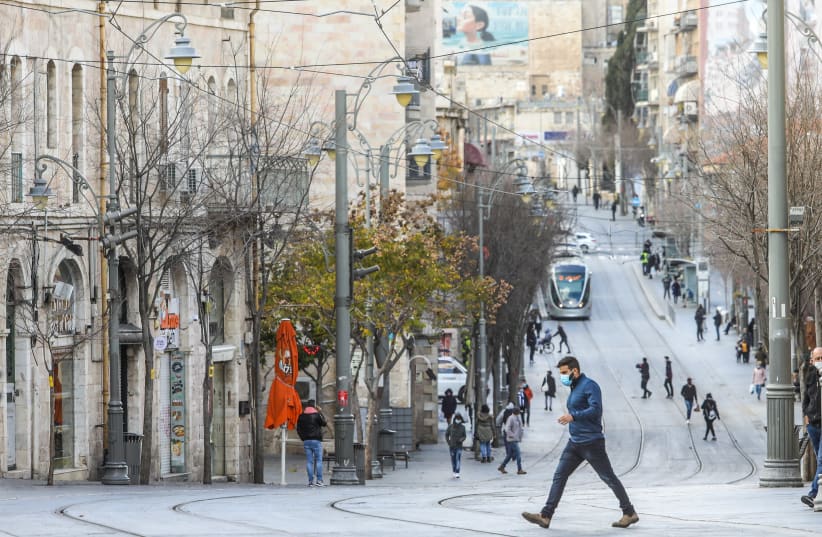People who have previously been infected with coronavirus and who are themselves protected by antibodies could still carry the virus and infect others, according to a study conducted in England.
The study, called “SARS-COV-2 Immunity and Reinfection Evaluation” (SIREN) and conducted between June 18 and November 24, also found that while reinfection is possible, it appears to be rare, at least for the first five months after becoming sick.
The study was first published at the end of last week. It was written about in the peer-reviewed journal The BMJ and the science journal Nature, among other publications.
Of the participants in the study who had already fallen ill (around 6,600), only 44 (less than 1%) were reinfected with the virus. In other words, immune response from a first infection reduced the risk of contracting the virus again by 83%.
Of the roughly 14,000 people who had not been previously infected in the study, 318 tested positive for the virus (2.3%).
The researchers do not know how long the protection lasts beyond the time frame of the study.
Moreover, those who were reinfected did not usually suffer from serious illness. Only about 30% of the people with possible reinfection reported any symptoms, compared to 78% of those who contracted the virus for the first time.
But, as noted, sometimes those who had recovered and were then reinfected had high viral loads, meaning there was still a high chance that they would transmit the virus to others.
Last week, during a ceremony marking the vaccination of Israel’s two millionth citizen, Prime Minister Benjamin Netanyahu said he had several talks with the health minister and other professionals to bring the green passport plan to fruition as soon as possible, “which will allow us to start bringing life back to normal.” But he said, “even when we do, we will have to keep wearing masks for the younger population and those who are not vaccinated.”
The study was not meant to give insight into the effects of the vaccine. Also, the researchers noted that the goal was not to assess whether symptoms were better or worse during the second infection, and this question requires further evaluation.
The subjects were mostly young and middle-aged females who anyway tend to have less severe symptoms than the elderly.
Finally, the study was conducted mostly before the British mutation, which could change the dynamics of its results. Some have suggested that the existence of mutations would lower the effectiveness of the immune response, but more research would be required.
This is not the first study published on reinfection. A separate study that was published in November, also in England, found that people who had the virus are highly unlikely to contract it again for at least six months after the first infection.
